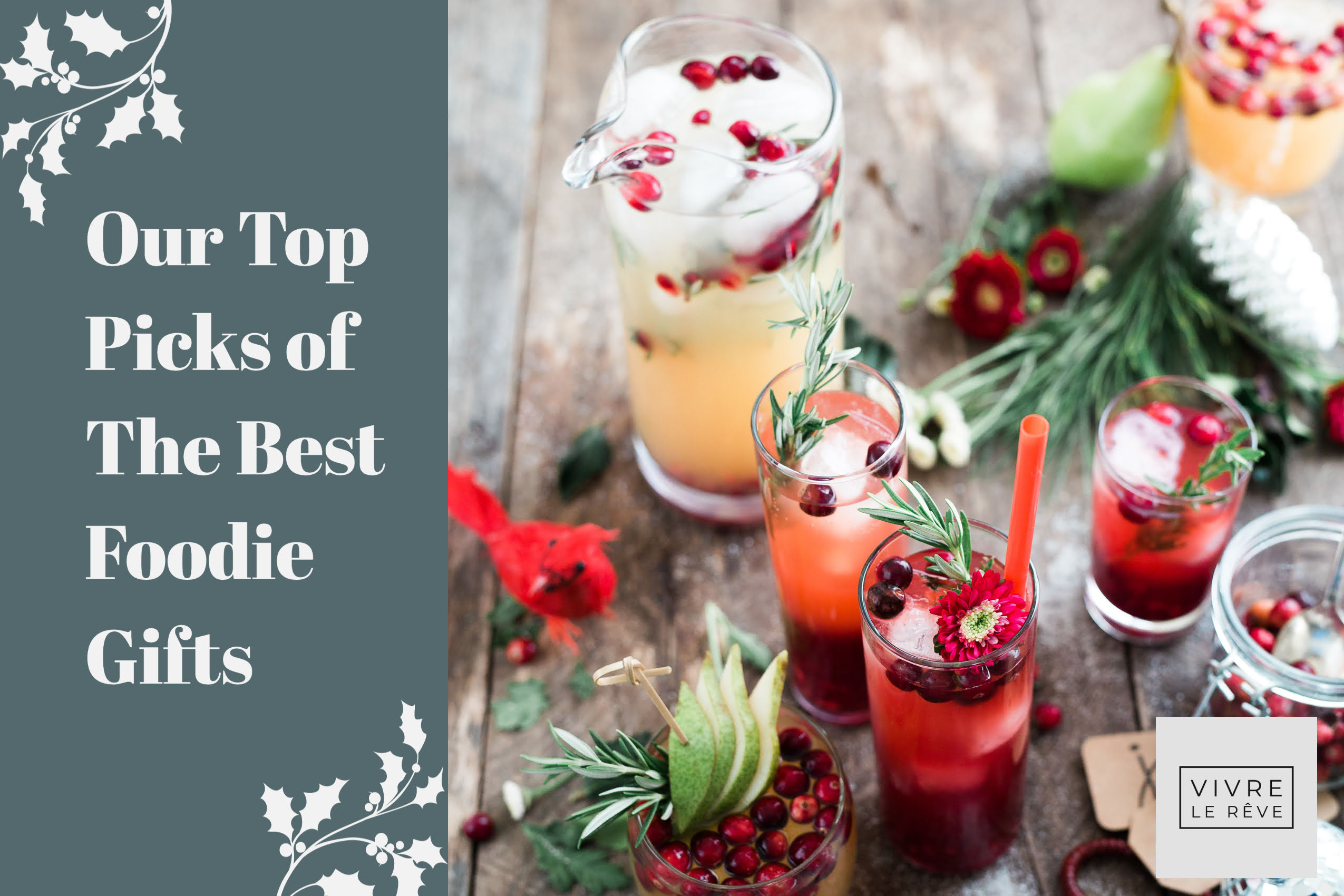Quails are small, ground-dwelling birds commonly kept as pets or for their meat and eggs. If you’re interested in keeping quails in the UK, there are a few things you should know about their care, housing, and legal requirements.
Can you keep quails in the UK?
Firstly, yes, you can keep quails in the UK, but there are some regulations that you need to be aware of. For example, if you keep more than 50 birds, you must register with the government’s Animal and Plant Health Agency. Additionally, you must follow the guidelines in the Animal Welfare Act 2006. Which requires you to provide your quails with a suitable environment, adequate food and water, and protection from harm and disease.
Housing your quails
When it comes to housing your quails, they require a secure and safe space that protects them from predators, such as foxes and birds of prey. A purpose-built coop with a secure run attached is ideal, but you can also repurpose a garden shed or other outbuilding. The enclosure should be well-ventilated, and the floor should be covered with suitable bedding material, such as wood shavings or straw.
Quails are social animals
It’s important to note that quails can be quite social animals. So you should keep them in groups of at least three to five birds. They are also active and need space to move around, so provide them with plenty of room in their coop and run. You should clean the coop regularly to maintain hygiene and prevent the build-up of harmful bacteria.
When it comes to feeding your quails, they require a balanced diet that includes good quality commercial quail feed and fresh greens and vegetables. You can also give them grit, which helps them digest their food and provides essential minerals.
Regarding health, quails can be susceptible to various diseases, so it’s essential to keep a close eye on them and seek veterinary advice if you notice any signs of illness. Additionally, make sure to keep their coop and run clean to reduce the risk of disease transmission.
Can quail live outside in winter UK?
Quails can live outside during winter in the UK, but they will require some additional care and preparation to ensure they are comfortable and healthy in the colder months.
One important consideration is the type of housing you provide for your quails. The coop should be well-insulated, with draft-free ventilation to prevent moisture build-up and promote air circulation. You can add extra insulation to the walls and roof of the enclosure and use straw or other bedding material to provide additional warmth.
It’s also essential to always provide your quails with access to fresh water. In winter, this can be a challenge as the water can freeze. One option is to use a heated water dispenser to keep the water from freezing. Alternatively, you can change the water frequently to ensure it stays unfrozen.
Quails also require a balanced diet to stay healthy during winter. Their feed should contain a higher percentage of protein to help them maintain their body heat, and you can supplement their diet with mealworms or other high-protein treats.
Finally, you should check on your quails regularly to ensure they are healthy and comfortable. Look for signs of illness, such as lethargy or loss of appetite, and take steps to address any issues promptly.
In summary, quails can live outside in winter in the UK but will require extra care and attention to stay healthy and comfortable. Providing them with a warm, dry, well-insulated coop, access to fresh water, and a balanced diet will help them thrive during the colder months.
Do quails fly away?
Quails are capable of short bursts of flight, but they are generally considered ground-dwelling birds. In the wild, they are known for their ability to run quickly to escape predators rather than relying on flight.
In captivity, quails can also fly short distances. But they are not known for being strong fliers. Their flight is usually limited to a few feet off the ground. They typically prefer to stay close to the ground where they feel more secure.
However, it’s important to note that quails can be startled easily, and if they are frightened, they may fly away in an attempt to escape. Providing your quails with a secure and safe environment is vital to prevent them from flying away or becoming injured. Suppose you plan on allowing your quails to free-range outside. In that case, it’s essential to ensure that their enclosure is adequately secured to prevent them from escaping or being attacked by predators.
How many quail should I start with?
If you’re interested in keeping quail, starting with a small flock of three to five birds is recommended. This will allow you to get to know the birds and their care requirements before expanding your flock.
Starting with a small flock also has some advantages. For example, it will be easier to monitor the health of your birds, and you’ll be able to provide them with more individual attention. Additionally, a smaller flock will require less space and resources. Making managing and caring for them easier.
Once you have some experience and are comfortable with the care requirements of quails. You can consider expanding your flock if you wish. However, it’s essential to remember that quails can be social animals and may prefer to live in groups, so providing them with enough space and companionship is important to keep them healthy and happy.
Is raising quail easier than chickens?
Raising quail can be easier than raising chickens in some ways. However, it can also present its own unique challenges. Here are a few factors to consider:
Size
Quail are smaller than chickens, which makes them easier to handle and manage. Especially for children or people with limited space. They also require less feed and water compared to chickens.
Housing
They require less space than chickens, and their housing can be more compact and simpler to construct. However, they are more susceptible to predators and need secure housing.
Health
Quail are generally hardier and less prone to disease than chickens. However, they are still susceptible to certain illnesses and parasites. Plus their small size can make diagnosing and treating them challenging.
Egg production
Quail are prolific layers, and they start laying eggs at a younger age than chickens. However, their eggs are smaller than chicken eggs and may be less commercially viable.
Raising quail can be easier than raising chickens in terms of space, feed, and health. However they still require proper care and attention to ensure their well-being.
How many quail eggs equal 1 chicken egg?
On average, it takes about 4 to 5 quail eggs to equal the size of one chicken egg. However, it’s important to note that quail eggs are typically richer in flavour and have a higher yolk-to-white ratio than chicken eggs. So while the number of quail eggs needed may differ. Their unique taste and properties make them a popular alternative to chicken eggs in many culinary dishes.
As you can see, keeping quails in the UK can be a rewarding experience. Provided you follow the necessary regulations and provide your birds with a suitable environment and care. If you’re considering keeping quails, be sure to do your research and consult with experts to ensure that you’re meeting their needs and keeping them healthy and happy.
What coop to keep quail?
Several types of coops can be used to keep quail, depending on the number of birds and the space available. Here are a few options:
Hutch
A simple, small wooden structure with a wire mesh front and a solid roof. This can suit a few quail in a backyard or small garden.
Chicken coop
A small chicken coop can be a good option if you have a more significant number of quail. Ensure the enclosure has multiple nesting boxes and enough space for the quail to move around.
Aviary
An aviary is a larger structure that allows for more space and can accommodate a more significant number of quail. These can be permanent or portable structures that can be moved around.
Colony
You can create a quail colony if you have ample space and want to keep quail in a more natural setting. This involves providing a large outdoor area with vegetation, shelter, and plenty of hiding places.
Regardless of the type of coop you choose, it’s essential to ensure it is secure and safe from predators. Quail are vulnerable to predators such as foxes, rats, and snakes, so ensure the coop is well-protected.



























4 Comments